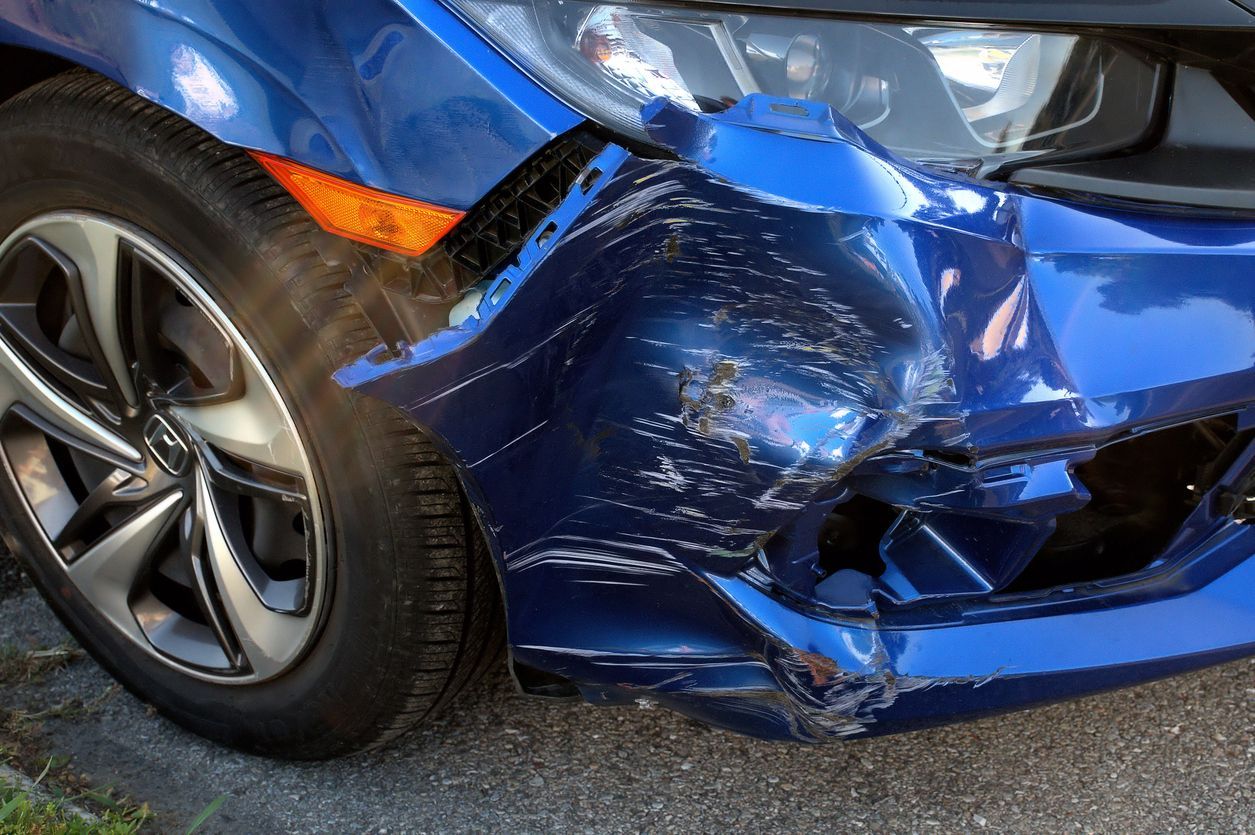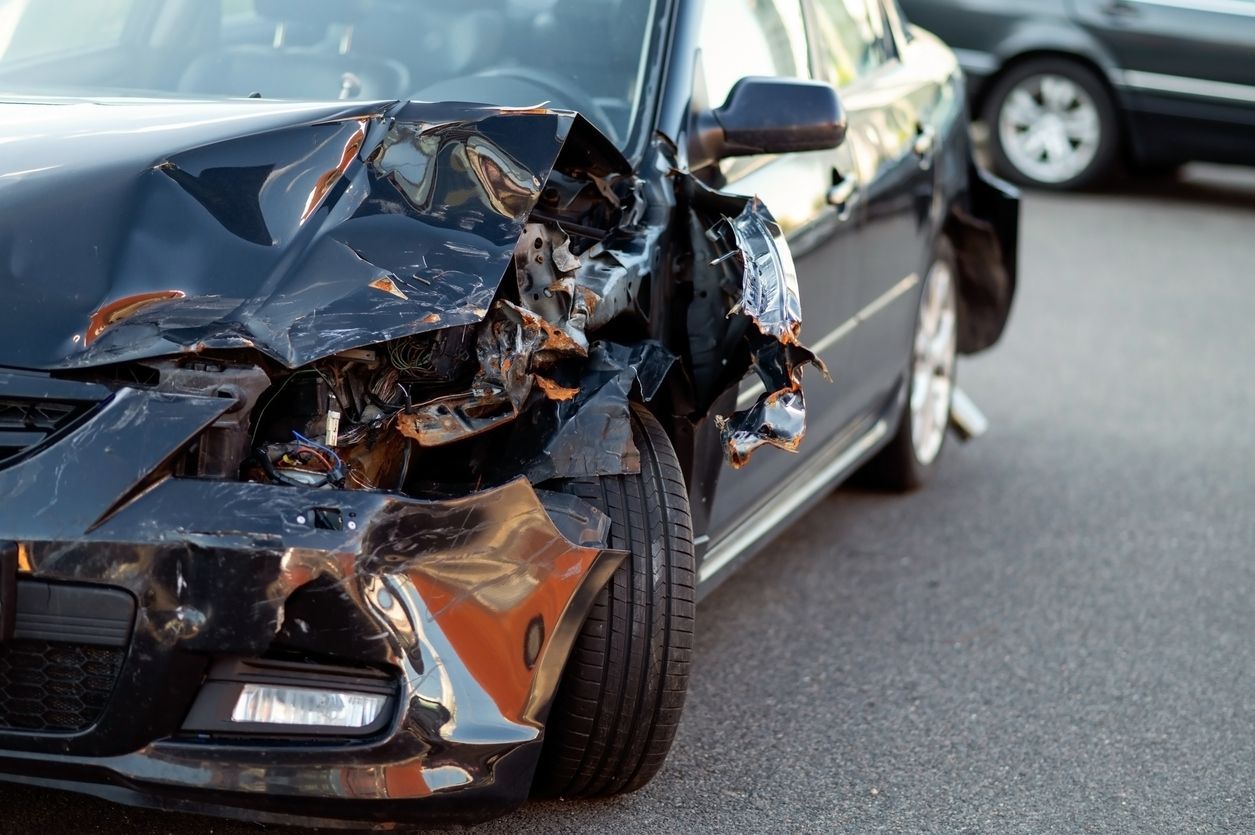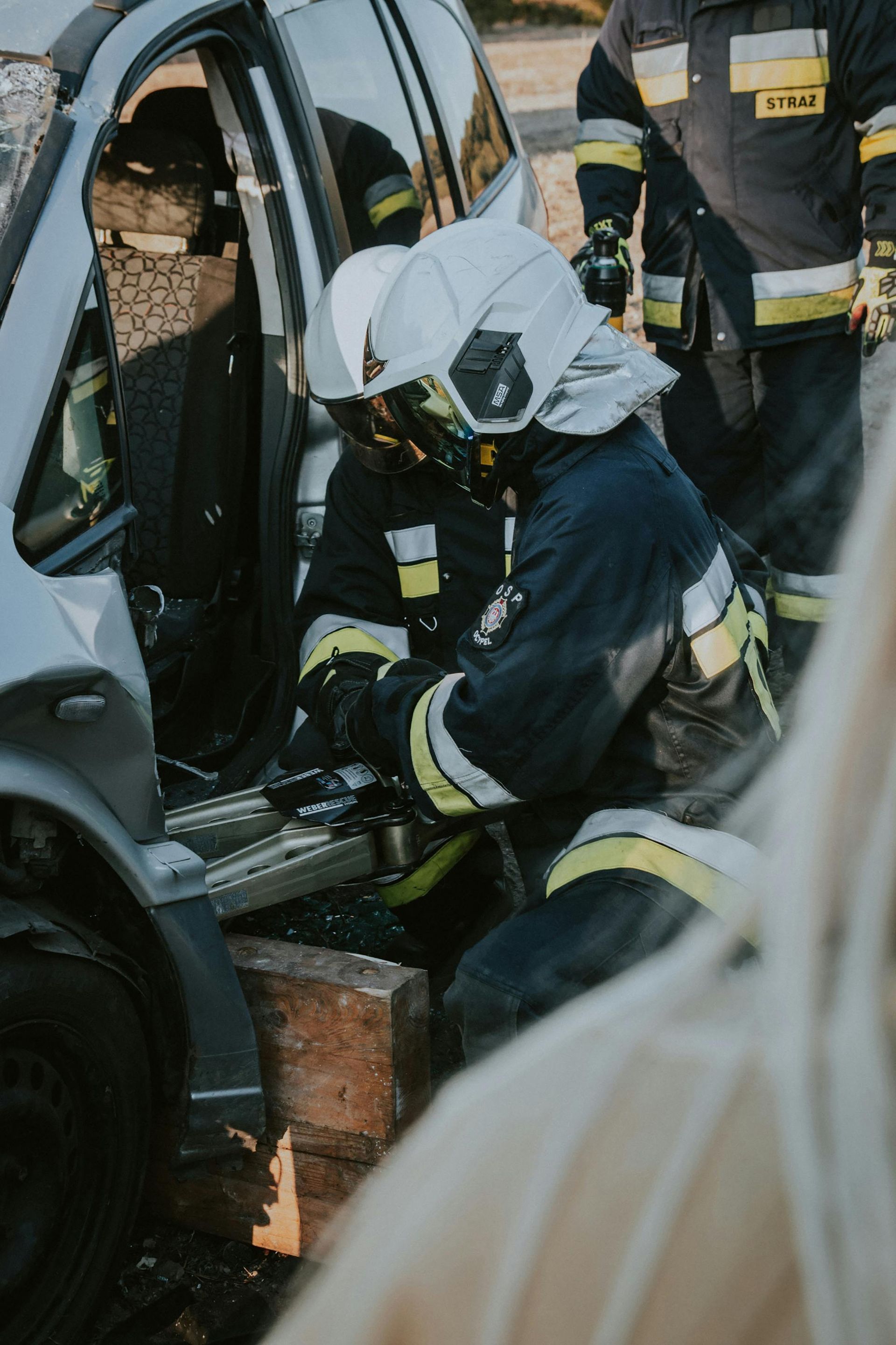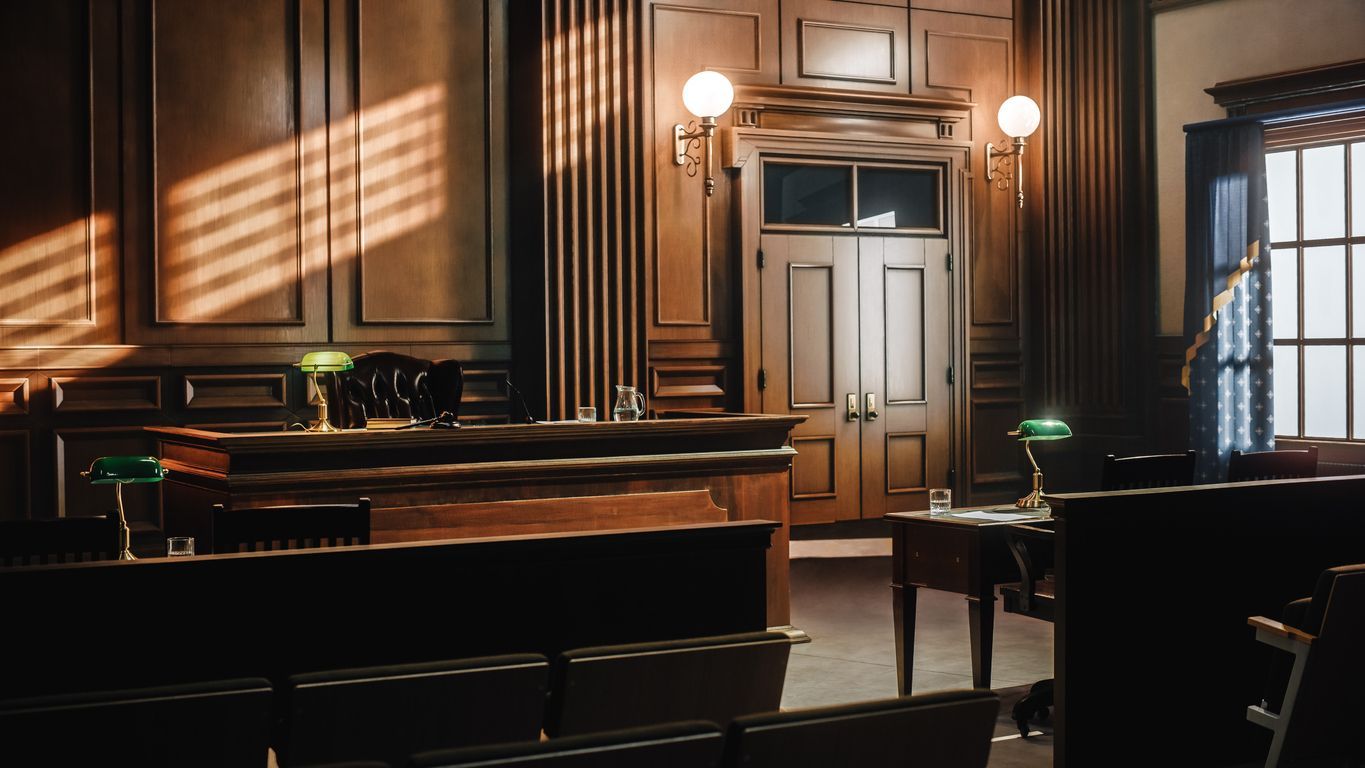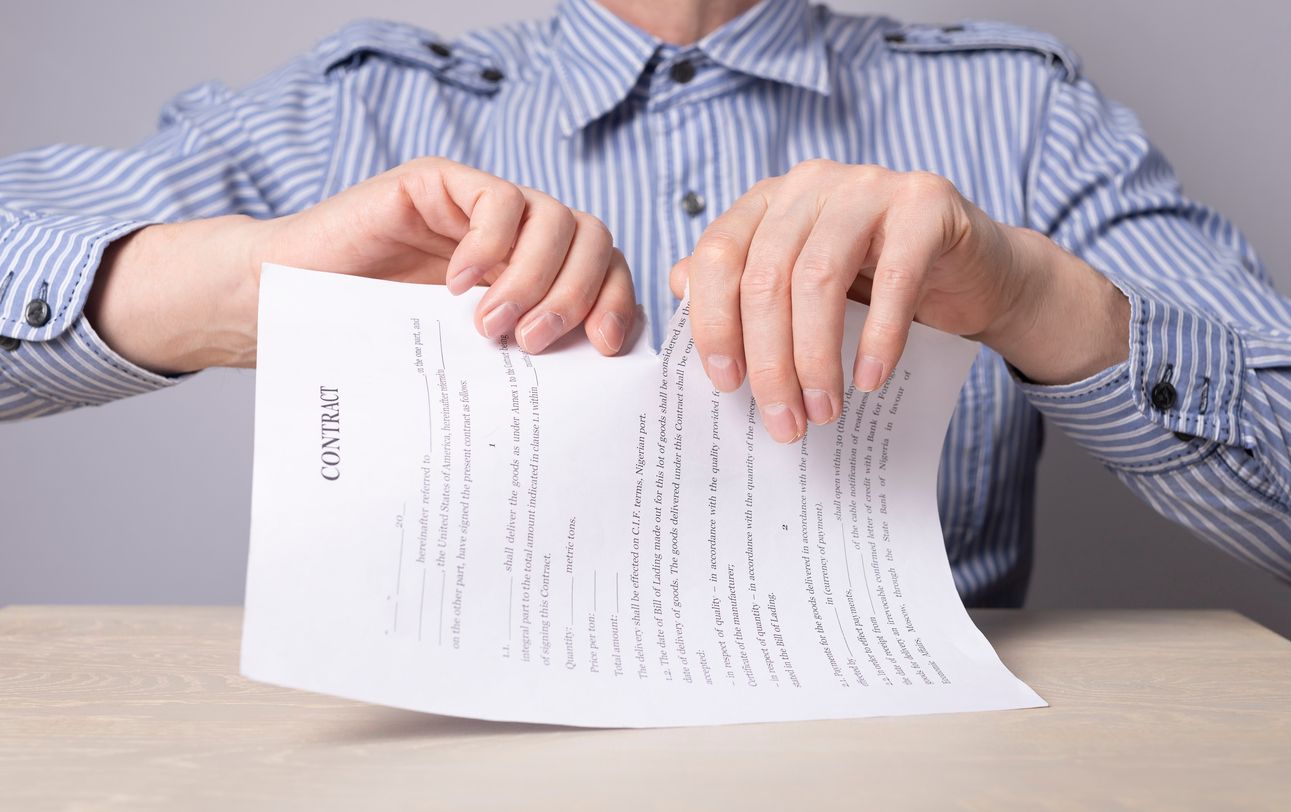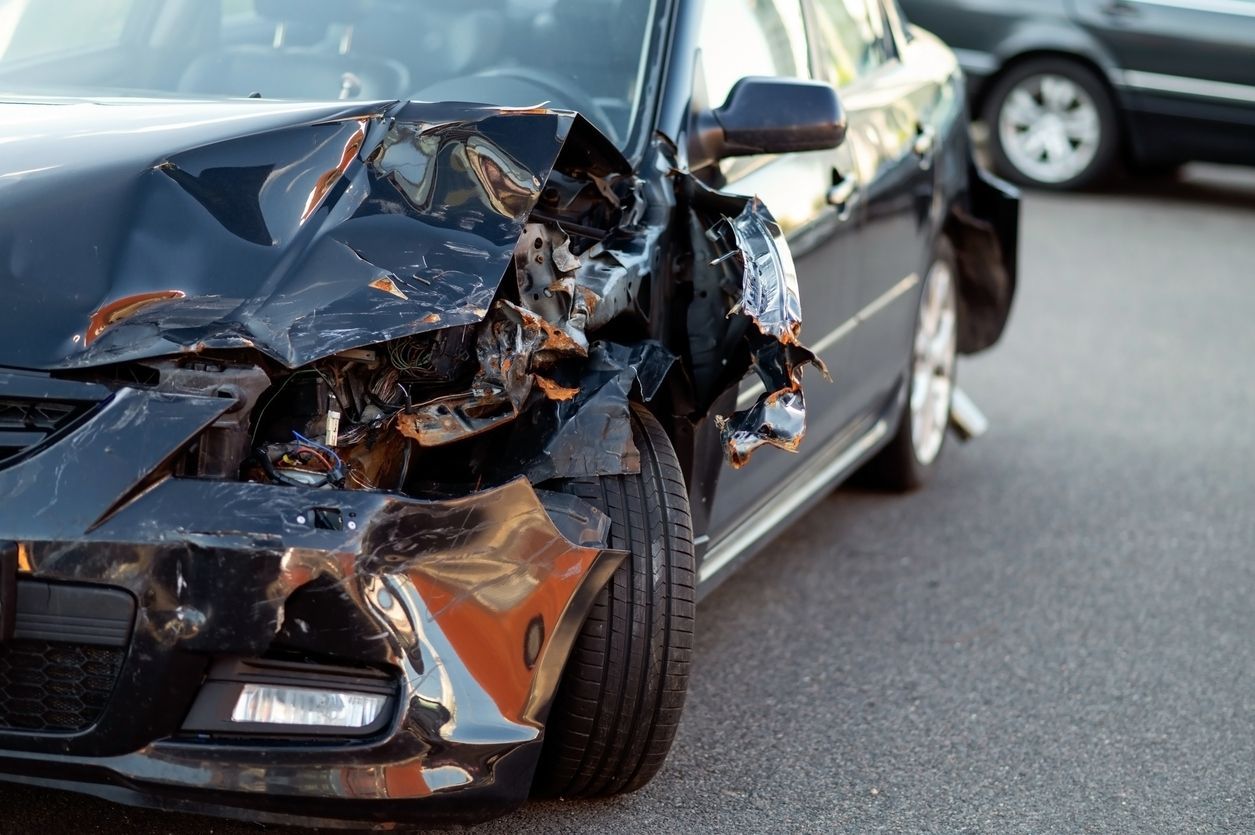Current DWI Penalties in MO
Finder Law Serves Clients Across Jefferson City, Columbia, and Central Missouri
To be charged with a DWI in Missouri, there are two factors that must be proven. First, you must be operating or have physical control over a motor vehicle. That means you don’t even have to be driving – someone simply sitting in the driver’s seat meets that definition. Secondly, you must have a blood alcohol concentration (BAC) of .08% or more. That threshold is reduced to .04% of the driver is operating a commercial vehicle. Driving while intoxicated carries serious consequences and it is important to understand how Missouri punishes offenders.
One factor that is heavily considered in DWI cases is whether the driver has prior DWI convictions. If the offender has no prior DWI convictions in the past 5 years and no more than one prior conviction in their lifetime, this is charged as a misdemeanor. The maximum penalties include up to 6 months in jail, up to $1,000 in fines and a 30-day suspension of their license. Additionally, their license will be restricted for another 60 days following the suspension. One exception to these penalties is if the driver’s BAC reached .15% or more. In that case, they are required to serve at least 48 hours in jail. If their BAC is at least .20%, that increases to a minimum of 5 days in jail.
For someone who has a prior DWI charge in the past 5 years will also be charged as a misdemeanor. The punishment could be anywhere from 10 days to 1 year in jail, up to $2,000 in fines, a 5-year license revocation, and a minimum ignition interlock device (IIC) for 6 months. The judge also has the discretion to award probation, which could include community service requirements.
If someone is charged a third time (or more) with DWI, the charge increases to a Class E Felony. This charge also carries a much more significant penalty. The offender will be required to serve anywhere from 30 days to 4 years in jail, up to $10,000 in fines, a 10-year license revocation and a minimum IID requirement for 6 months. Just like with a second time offense, the judge can choose to award probation as well that could carry community service hours.
The above-mentioned penalties are for non-aggravated DWI charges where no other parties were seriously injured during the act of driving while intoxicated. However, if someone is injured due to an intoxicated driver, the charge can immediately be increased to a Class E Felony, even for a first-time offender. Other conditions that could raise the charge from a misdemeanor to a Class E Felony include a non-serious injury to law enforcement or emergency service personnel. If a law enforcement or emergency service personnel is seriously injured, the offense will increase to a Class C Felony. Class C Felonies are charged with no less than 3 years and up to 10 years in jail. DWI offenders who cause the death of another person, regardless or prior convictions, face a Class C Felony as well. If the person killed was a law enforcement or emergency service personnel, they will be charged with a Class B Felony. Causing the death of 2 or more people with a BAC level of .18% or higher will also be charged as a Class B Felony. Class B Felonies are punished with a jail sentence of not less than 5 years and up to 15 years in jail.
As you can see, DWI penalties in Missouri can be quite severe and can have great impacts on someone’s life. Whether it’s your first offense or third, you should consider hiring an attorney to represent you. Missouri allows for pleading down DWI charges, so an attorney could help reduce your potential penalties. Daniel Finder at Finder Law, LLC has over 10 years of experience in criminal defense, including DWI cases.
Call our office today to set up a consultation to discuss your case. Having an experienced attorney on your side will help ensure your rights are protected and your case has a fair outcome.
This blog is for informational purposes only and does not constitute legal advice. For specific guidance, please contact our office directly.

